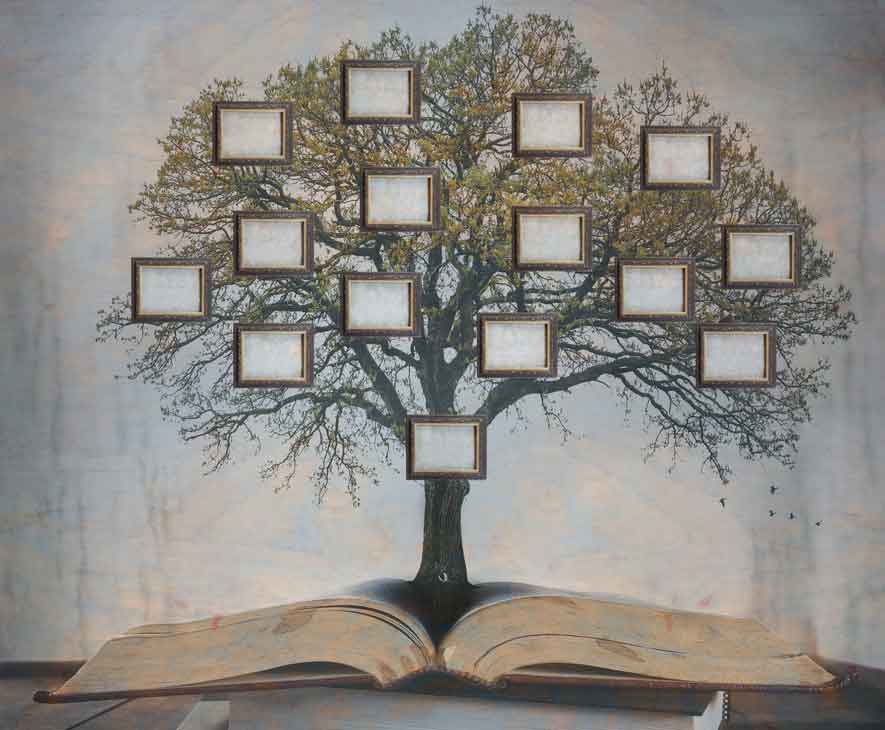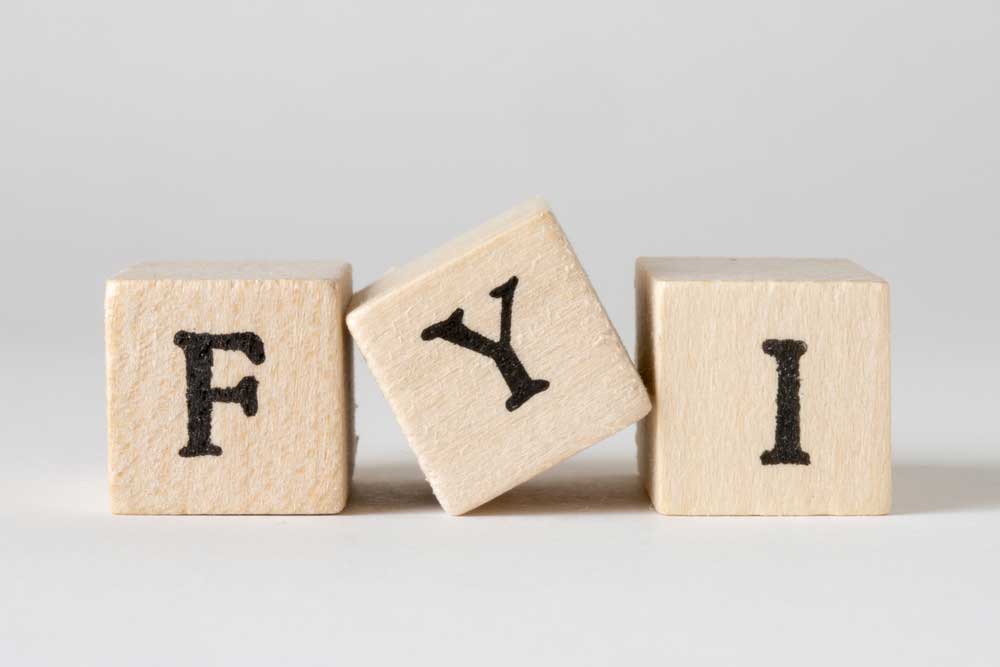When you start any new project, there are bound to be terms you just don’t understand or that you use in the wrong context. Words can have a different meaning from one region to another and keeping it all straight can be a challenge. Some words can have many meanings, while other words can be very specific.
Related: Top 24 Best Gifts for Genealogists
But don’t worry, no one will put you in front of a firing squad if you get mixed up. I still, all these years later, find myself interchanging the terms genealogy, ancestry and family history and often use them to mean the same thing.
What is the difference between genealogy and ancestry?

When you are thinking over your genealogy or talking to someone else about it, you want to be as clear as possible. Having the correct words can make a world of difference in the answer you receive. The difference between genealogy and ancestry may not be a lot in your thinking, but to someone else it can be a big difference. You want to keep the misunderstandings to a minimum.
I remember as a child visiting a cemetery and seeing the word consort on one of the headstones. I had no clue what that word really meant, but for some reason in my head, I though it meant something bad. I could not for the life of me understand why they had announced on this headstone that this poor woman was a mistress! My mother promptly straightened out my imagination and told me that it really meant spouse. But oh boy, the scandal that went on in my head for those few moments.
Genealogy vs Ancestry
I have heard people say that genealogy and ancestry have the same meaning. In a way, yes. If you say “I am working on my Genealogy” or “I am working on my Ancestry”, people are going to know what you mean. However, by definition they are a little different.
The definition of genealogy is the study and research of lines of decent in your family tree while ancestry’s definition is one’s family or line of decent from their ancestors. So basically, genealogy is the work or research while ancestry is the people you are researching, the people in your family tree.
Ancestry vs Family History
Now that you know that genealogy is what you do to find your family, and ancestry is the lines of people that make you who you are, what about family history?
Family History is, in short, the story of your ancestors. It is the tales of your family, such as what it was like to live in their era, medical history, war stories and immigration journeys.
Family history makes genealogy and your ancestry come alive.
Basic genealogy vocabulary
If you are going to research your family, there are some very basic terms that you should know. The following are some of the most common genealogy terms you will come across while doing your research.
Genealogy terms and meanings
- Ancestor– An ancestor is any person in your family tree that you have descended from. Not Aunts, Uncles or Cousins, but your parents, grandparents, great-grandparents and so on.
- Ancestry– Your Ancestry is the whole of all of your ancestors as far back as they can be traced.
- Common Ancestor– A common ancestor is an ancestor that you share with another person. For example, you and your first cousin will share your grandparents as a common ancestor.
- Consort– A consort is a spouse or companion. Your mother is your father’s consort.
- Descendants– A descendant is a person who comes down in a line from another person. An example of this is that you are a descendant of your parents. Your parents are descendants of your grandparents.
- Direct Line– A line in your family tree that is traced back from child to parent to grandparent and so on in a line to one ancestor.
- Family Tree– An illustration or chart that shows the members of a family and how they are related throughout the generations.
- Forefather– A forefather in an ancestor who comes before you in your family tree.
- Generation– When you have relatives who are born on the same level of decent from a common ancestor you form a generation. For example, your grandparents would be one generation, your parents and their siblings would be another, and you and your first cousins would be yet another generation.
- Maternal– Relating to your mother. Your maternal grandparents would be your mother’s parents.
- Paternal– Relating to your father. You paternal grandparents would be your father’s parents.
- Pedigree– A direct line of decent from an ancestor in a family tree. An example is the line in your family tree showing you came from your parents, they came from their parents, and so on. This would be your pedigree.
- Removed– If your are saying someone is your first cousin once removed, removed means that they are in a different generation level from you in relation to your common ancestor. Once removed means by one generation, twice removed means by two generations, etc.
The amount of terms I could add to this list are endless. These are just a few of the more common genealogy terms and what they mean. If you still have genealogy terms that you need to understand, you can check out the glossary of genealogical at Ancestry.com by clicking here. (https://support.ancestry.com/s/article/Glossary-of-genealogical-terms)
Genealogy Terms- Abbreviations

There have been several times while looking over records that I have come across abbreviations instead of the whole word written out. We all know when we see abt that it means about, bit did you know an a with a period after it can also mean about? Here are some of the abbreviations I have come across in my research
a. – About
ab. – About
abt. – About
ackd. – Acknowledged
aft. – After
appr. – Approximate or Approximatly
b. – Born
bef. – Before
bet. – Between
bur. – Buried
c. or ca. – Circa
cem. – Cemetery
chr.– Christened
dec’d – Deceased
liv. – Living
m. – Married
nee – Maiden Name
obit. – Obituary
rec’d – Received
unk. – Unknown
Common male name abbreviations
It was common practice in history to shorten or abbreviate names on records. Names like James or John would be written as Jas or Jno. Present day records tend to have the whole name written versus the abbreviation. Here are some of the abbreviations for common names.
And. – Andrew
Ant. – Anthony
Art. – Arthur
Aug. – August or Augustus
Benj. – Benjamin
Chas. – Charles
Danl. – Daniel
Dav. – David
Edw. – Edward
Geo.– George
Jas. – James
Jno. – John
Jso. – Joseph
Mich. – Michael
Nic. or Nich – Nicholas
Ric. – Richard
Thos. – Thomas
Wm. – William
Common female name abbreviations
An. – Anne
Barb. – Barbara
Brid. – Bridget
Cath.– Catherine
Deb. – Deborah or Debra
Dy. – Dorothy
Eliz.– Elizabeth
Elnr. – Eleanor
Han. – Hannah
Hel.– Hellen
Margt. – Margaret
My. – Mary
Phyl. – Phyllis
Sar. – Sarah
Sus. – Susan








Comments
Post a Comment